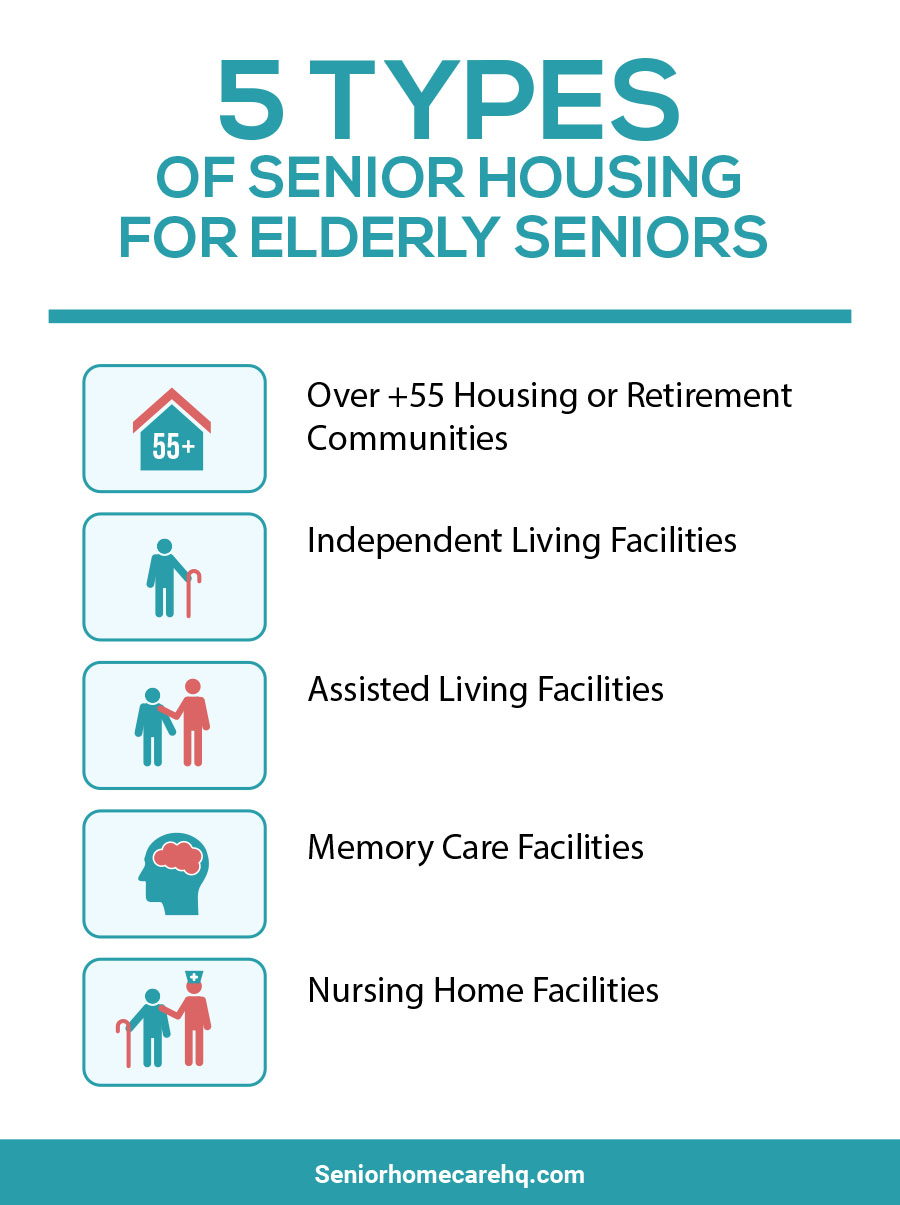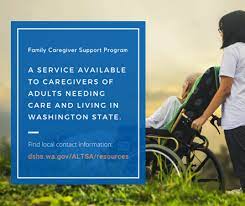
It can be overwhelming to consider all the options available for long-term care of an aging loved one. There are many options, including assisted living, community-based care and Alzheimer's care. It can be difficult for people to make the right choice. However, there are some things you need to remember to help you choose the right option. This article will discuss some of the many options available for eldercare.
Assisted living
Senior assisted living is a form of community that offers assistance in daily activities like housekeeping, personal care and meals. Residents have the opportunity to engage in hobbies, take part on social activities, or pursue their intellectual and spiritual interests. Nearly all facilities have healthcare available 24 hours a days. The care plans are reviewed and updated on an ongoing basis. Residents are assigned a care coordinator. Those with medical conditions or special needs may be referred to a higher level of care.
Some costs associated with assisted living may be covered by Medicaid. It currently covers the healthcare costs of 75 millions Americans, including children, pregnant women and the elderly. The application process and eligibility requirements for Medicaid vary by state, so be sure to check with your state's Medicaid assistance agency for details. However, Medicare does not cover the costs of assisted living. If you qualify for Medicaid, there are several other options to cover the expenses.

Home care
As your loved one gets older, you will have to decide what type of long-term homecare he or she needs. Naturally, aging can bring about the need for assistance. But so can dementia progression and illness. To help you make the right decision, we have provided some tips and resources to help you make the best decision. Below, you will find some tips for finding a suitable long-term care provider. You can also ask your family for referrals.
It may be more comfortable for seniors to remain at home. This familiarity is often helpful for older adults when they are dealing with grief or illness. It's often the best option to stay with their family. Many people make the difficult decision to move from their house after suffering a severe illness or a sudden loss. Early planning is important to ensure that your loved one is comfortable with the option. This will also ensure that the family can visit and stay close to them.
Community-based care
More than one million home-health and personal care workers are available in communities across the country. As people age, the demand for community-based services for long-term care will increase. Eighty percent would prefer to receive their care at their home rather than in an institution. The range of community-based services includes personal care, home modifications, transportation and meals.
Home-based services are long-term assistance for the elderly. These services can be provided by family members, or paid providers. These services are an excellent alternative to nursing homes as they can be more cost-effective and flexible. You can expect housekeeping and supervision as well as the provision of a minimum amount of meals per day. These homes are licensed under the State Department of Health. These programs are accepted by most family-type homes and can be an excellent alternative for people who cannot stay in a nursing facility.

Alzheimer's disease care
If you're responsible for elderly loved ones, it is imperative to understand how to provide proper Alzheimer's care for the ailing. Incontinence can be caused by impaired bladder control. Incontinence can be embarrassing and difficult to manage. It can also be a sign that there is an underlying medical condition such as a infection of the urinary tract. There are many ways to provide Alzheimer’s care for the elderly.
Start by writing down all medications used. Prescription assistance programs (PAPs) are offered by most pharmaceutical companies. These will give you free medication. If you have health insurance, you may also be eligible for co-payment waivers. The database will allow you to search for assistance programs by listing all the medication that was taken. The database will contain a list of assistance programs that can help pay for your loved one's medications.